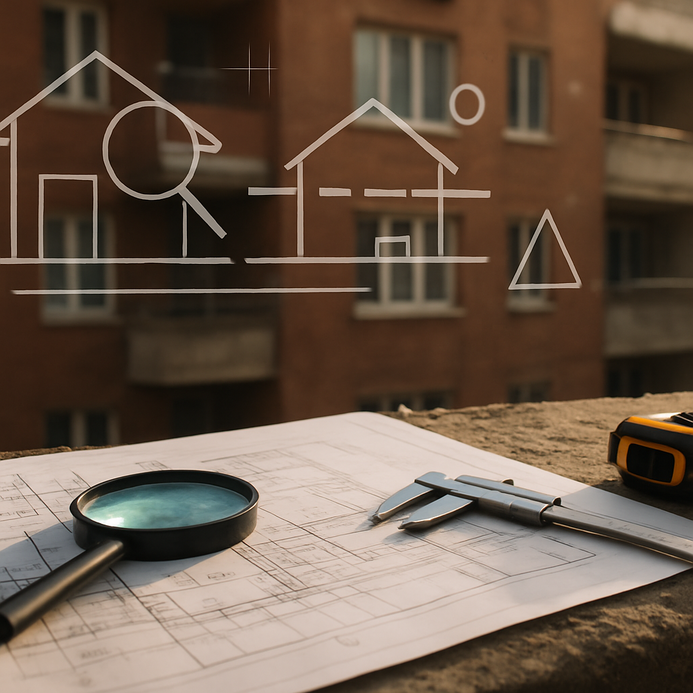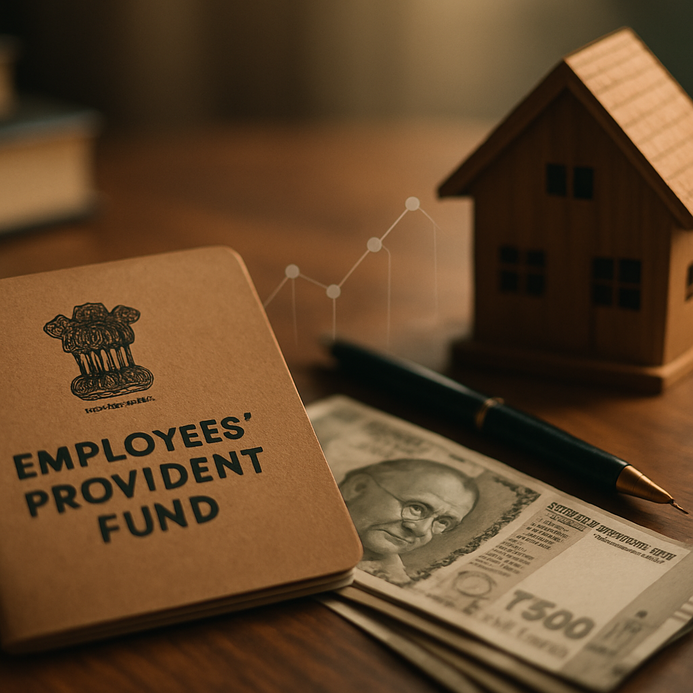Don’t Skip This! The Truth About Annual Maintenance Contracts for Elevators
Introduction to Elevator Maintenance in High-Rises
Elevator maintenance is crucial, really. It keeps high-rise buildings safe and running smoothly. If you want to prevent downtime and keep your residents happy, plus, you know, boost property value, regular servicing through annual maintenance contracts (AMCs) is a must.
Residents rely on reliable elevator systems. Here’s a little eye-opener: almost 40% of elevator failures happen because of poor maintenance. With a solid AMC, you can minimize mechanical failures by ensuring regular inspections and services.
Key Components of Annual Maintenance Contracts (AMCs)
1. Equipment Inspections: Regular check-ups are a must to catch issues before they escalate into bigger problems.
2. Repairs and Overhauls: Many AMCs include repair provisions and even major overhauls, so elevators can operate at their best.
3. Performance Checks: Keeping up with performance evaluations helps ensure safety standards are met and local building codes are followed.
| Component | Typical Coverage |
| Safety Inspections | Monthly |
| Lubrication and Adjustments | Quarterly |
| Response Time for Repairs | Within 24 hours |
| Emergency Service Availability | 24/7 |
AMCs can differ in their specifics, but you can often find common clauses in AMC templates. It’s a good idea for residents to pick contracts that clearly spell out service levels and response timings. For a deeper dive, check out this annual maintenance contract guide.
Keeping elevator systems properly maintained doesn’t just help you meet safety requirements; it really boosts resident satisfaction, too. This should be a top priority for anyone managing properties in high-rises. For more on property management and upkeep, take a look at our resources on flat maintenance checklists and property valuation!
Types of Annual Maintenance Contracts (AMCs)
Taking a look at different types of Annual Maintenance Contracts (AMCs) is key for members of the Residents’ Welfare Association (RWA). Basically, you’ve got two main types: comprehensive and non-comprehensive.
Comprehensive AMC
A comprehensive AMC picks up all the pieces: repairs, preventive maintenance, emergency services, you name it. Here’s how it typically breaks down:
| Service Type | Description | Cost Implications |
| Repairs | All repair services included. | Higher initial cost |
| Preventive Maintenance | Regular checks to keep everything running smoothly. | Included in the fee |
| Emergency Services | 24/7 help for any unforeseen hiccups. | Often included |
With a comprehensive AMC, you can relax a little knowing all your maintenance bases are covered. It really cuts down on unexpected expenses and ensures everything stays in good shape.
Non-Comprehensive AMC
Now, a non-comprehensive AMC is a bit different. It only covers specific services that are laid out in the contract. This model can save a bit of cash if RWAs want to manage some maintenance themselves. Check this out:
| Service Type | Description | Cost Implications |
| Specific Services | Covers just certain types of maintenance. | Lower initial cost |
| Exclusions | Many services might not be included. | Potential extra costs |
While non-comprehensive AMCs give you some flexibility, they might also lead to surprise costs if something unexpected pops up. Members need to consider their community’s needs carefully while choosing between the two AMC types.
Each type has its perks. RWA members should weigh these options thoroughly before picking the best annual maintenance contract for their building. For more detailed insight, check out this Source or see best practices at Source.
Key Clauses to Look for in an AMC
Getting your head around an Annual Maintenance Contract (AMC) can really help in keeping high-rise elevators running well. Here are some key clauses that RWA members should pay attention to:
1. Response Times
You want specifics on response times in the contract for service requests. An effective AMC should clearly state how long emergency and non-emergency responses can take, usually anywhere from 2 to 24 hours. This helps minimize disruptions.
2. Service Schedules
Make sure the AMC outlines how often routine maintenance checks will happen. Regular servicing is vital for early issue detection, with typical schedules being monthly to quarterly. This keeps everything compliant with safety standards and extends equipment life.
3. Liability Terms
Liability clauses are there to protect both parties involved. You want an AMC that clearly specifies what happens if there’s an equipment failure or if someone drops the ball in service. This way, everyone knows their responsibilities.
4. Termination Policies
It’s important to have clear conditions on how to terminate the contract. Clauses regarding breach of service, failure to meet response times, and non-payment—these all outline how to go about ending the agreement properly.
5. Costs and Payment Terms
Pricing needs to be transparent. An AMC should spell out annual costs, payment schedules, and conditions for any price increases. Standard format usually involves either fixed or incremental pricing to handle inflation.
6. Documentation and Reporting
Make sure the AMC specifies how documentation for maintenance activities is handled, such as service reports or incident logs. This paperwork is crucial for tracking compliance and service quality.
| Clause | Example Terms |
| Response Times | Emergency: 2 hours; Non-emergency: 24 hours |
| Service Schedule | Monthly inspections |
| Liability | Limited to direct damages only |
| Termination | 30 days notice for contract breach |
| Costs | Fixed at INR 50,000 annually |
| Documentation | Monthly service report required |
Incorporating these essential clauses into an AMC can really help streamline the management of high-rise elevators, keeping everything safe and efficient for residents. And if you’re into maintaining high standards, you might want to explore our other pieces on maintenance practices and legal options on our site.
Vetting Service Providers in Hyderabad
Choosing the right elevator maintenance provider in Hyderabad is key for keeping your high-rise safe and efficient. Here’s a rundown of some important criteria to help you vet potential AMC providers:
1. Experience and Reputation
You gotta check the provider’s track record, how long have they been in the elevator maintenance game? A reputable company with good testimonials is a solid choice. Look for those with more than five years of experience; they usually bring reliable performance to the table.
2. Certification and Compliance
Make sure the provider holds the right certifications. Compliance with local safety standards is essential. Check if they follow guidelines from the Bureau of Indian Standards (BIS). Good companies will be upfront about their compliance status.
3. Comprehensive Service Offerings
Take a close look at what’s included in the AMC. A strong contract should cover everything from routine inspections to emergency services and parts replacements. You’ll want a clear breakdown, like this annual maintenance contract example, so you don’t get hit with hidden fees.
| Service Type | Description |
| Inspection | Regular checks to ensure the system’s functionality |
| Repairs | On-demand repairs as they arise |
| Parts Replacement | Replacing any worn-out or faulty components |
| Emergency Services | 24/7 help for urgent situations |
4. Cost Efficiency
Don’t stick with just one quote; get prices from several providers to see what the local market looks like. But keep in mind, cheap isn’t always better. Look at the whole package: services included, support, and responsiveness.
5. Customer Support
Good customer support can really change the game for your AMC. You want to choose providers known for their strong communication and quick responses. Excellent after-service support goes a long way in making your maintenance experience smoother.
Want a comprehensive understanding of AMCs? Check out this guide on annual maintenance contracts. Your provider should be ready to meet your specific needs and tailor their services just for you.
Lastly, don’t forget to check out some articles for more insights, like the Flat Maintenance Checklist for Homebuyers in Hyderabad. It offers helpful context for your decisions!
Importance of Compliance with Safety Regulations
Elevator maintenance in tall buildings comes with its own set of rules. Compliance with safety standards isn’t just a suggestion; it’s a requirement. It keeps everything running safely and efficiently for residents and retains legal integrity. In India, the Bureau of Indian Standards (BIS) and the Ministry of Housing and Urban Affairs set out guidelines to ensure safety and performance.
Elevator safety standards touch on various areas, including structural integrity, emergency protocols, and regular inspections. Here are some key regulations:
| Regulation | Description |
| IS 14665-1: 2017 | Guidelines for lift design and installation |
| IS 14894: 2000 | Safety rules for lifts in service |
| NBC 2016 | National Building Code elevator specs |
These regulations help lower the risks tied to elevator failures, like entrapment or accidents. Sticking to them via an annual maintenance contract (AMC) is critical for those managing buildings. An AMC gives you regular inspections, preventive maintenance, and timely repairs, ensuring compliance with all safety standards.
Sample AMCs can vary by provider but generally include clauses about compliance checks and safety audits, often in a format that covers service types, maintenance frequency, liability, and termination conditions.
Elevators need regular checks to stay compliant and safe. An effective AMC regularly ensures that inspections and maintenance match industry standards for peace of mind among residents. When it’s time to choose a service provider, consider their experience, compliance history, and how they handle customer support; these aspects matter a lot when it comes to keeping your building safe.
For more on compliance issues in property management, check out our article on RERA legal options.
FAQ
Q: What is an Annual Maintenance Contract (AMC)?
A: An AMC is an agreement between a service provider and a client that outlines routine maintenance services for equipment, such as elevators in high-rise buildings.
Q: How often should elevator maintenance occur?
A: The frequency can vary but typically includes monthly inspections and quarterly performance checks as part of a comprehensive AMC.
Q: What should I look for in an AMC?
A: Look for clear clauses regarding response times, service schedules, liability terms, termination policies, costs, and documentation requirements.













